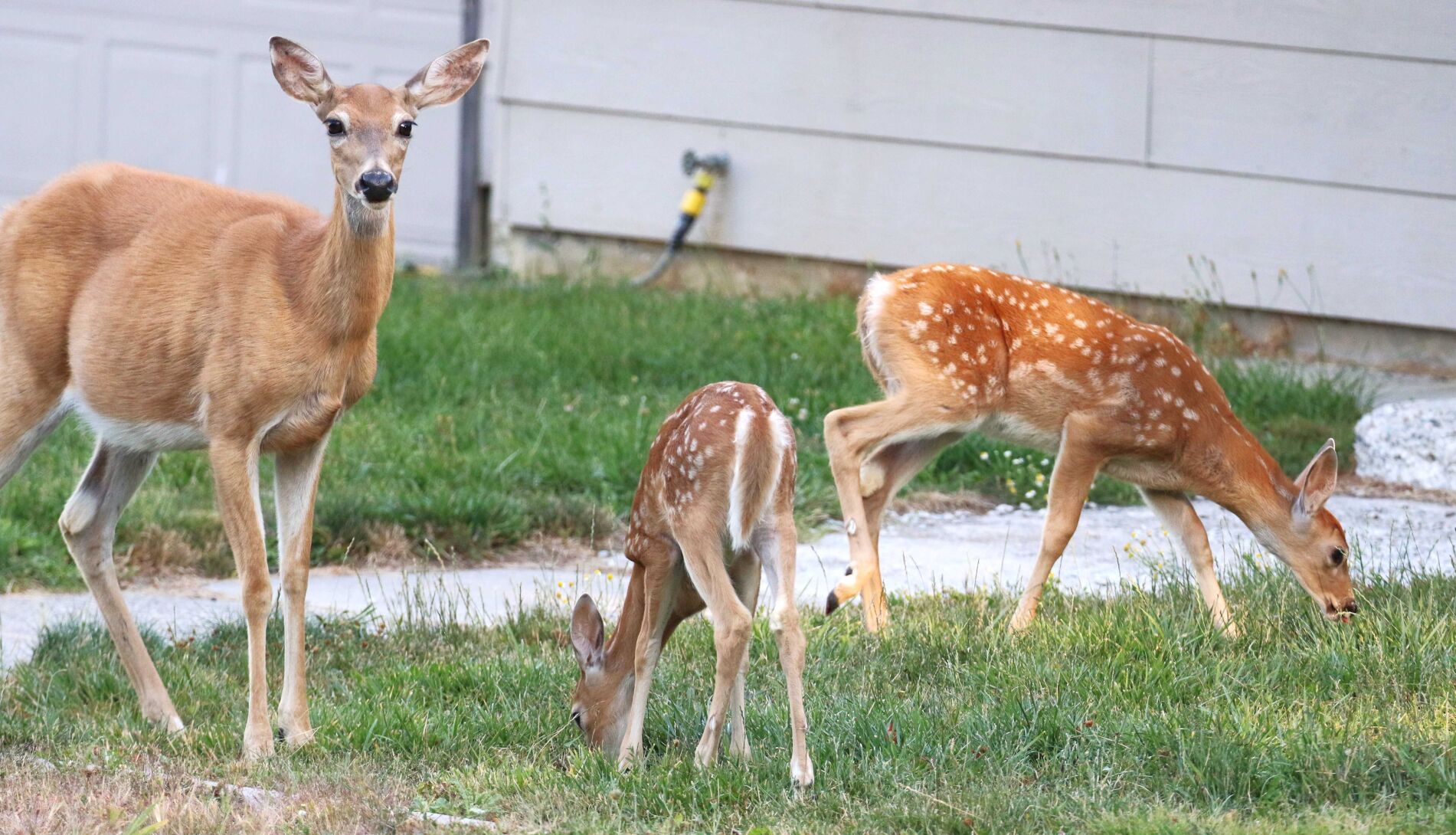SPOKANE, Wash. — The Washington Department of Fish and Wildlife is sounding the alarm about Chronic Wasting Disease (CWD) and has implemented a new law prohibiting the feeding of wild deer, elk, and moose to help prevent its spread.
Wildlife officials are asking for public cooperation to protect the wildlife.
“This disease is 100% fatal, and there’s no cure. So we have to prevent animals from spreading it around, and one way we can do that is to ask people in Washington to not feed animals,” said Melia DeVivo, ungulate research scientist with the department.
The new legislation specifically targets well-intentioned residents who may not realize the harm caused by providing food for wild animals. Many people feed deer believing they’re helping the animals, but this practice can actually facilitate disease transmission.
“When these animals congregate at these feed sites they can pass along this disease from animal to animal,” DeVivo explained.
Chronic Wasting Disease is a progressive, fatal neurological disease affecting members of the deer family. It belongs to a group of diseases known as transmissible spongiform encephalopathies, which cause brain damage and ultimately death in infected animals.
The disease spreads when animals gather in close proximity, making artificial feeding sites particularly dangerous for transmission. When deer, elk, or moose congregate around food provided by humans, the risk of disease spread increases dramatically.
Beyond disease concerns, feeding wildlife creates additional problems for both the animals and humans. Wildlife officials note that animals accustomed to finding food near residential areas face increased risks.
They risk getting hit by cars or tracked for their habits by predatory animals according to department officials.
The habituation to humans can also lead to dangerous encounters. DeVivo warned, “They can also become so habituated that they become aggressive towards people. And unfortunately, we have to go and potentially kill those animals.”
Residents should be aware of the symptoms of Chronic Wasting Disease to help with early detection efforts. Key indicators include:
Loss of fear of humansLack of coordinationDroolingWeight loss
The department emphasizes that a deer appearing unusually friendly or unafraid in residential neighborhoods could be showing early signs of infection. This behavioral change is a significant warning sign that should prompt immediate reporting.
COPYRIGHT 2025 BY KXLY. ALL RIGHTS RESERVED. THIS MATERIAL MAY NOT BE PUBLISHED, BROADCAST, REWRITTEN OR REDISTRIBUTED.

